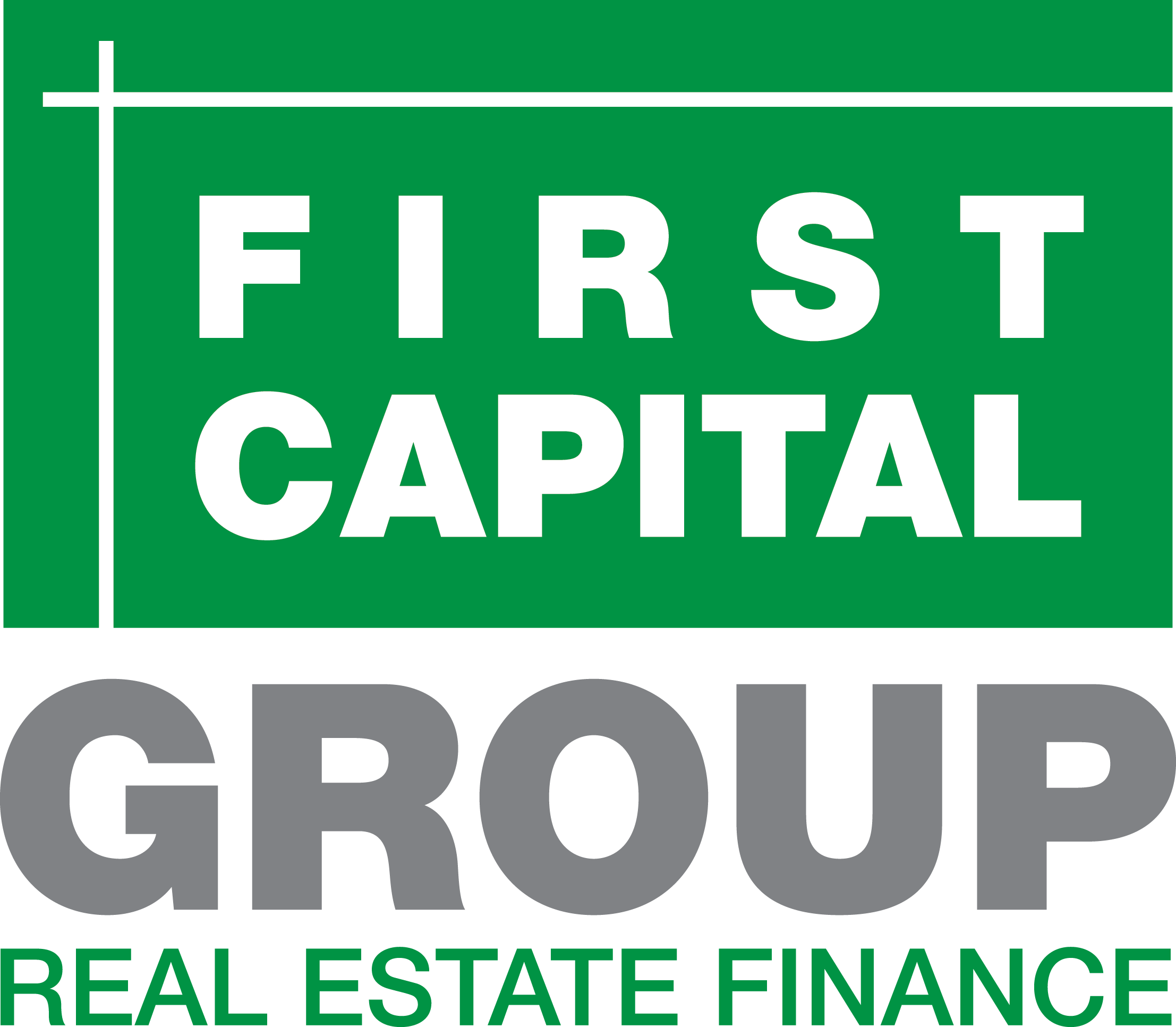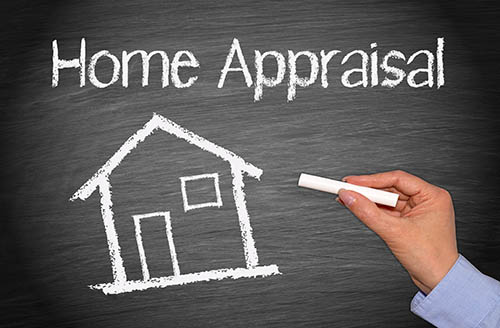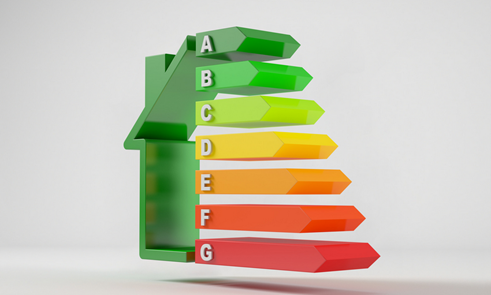The Difference Between A Home Equity Loan Versus A HELOCWhen homeowners need to tap into the equity they’ve built in their homes, two popular options are Home Equity Loans (HEL) and Home Equity Lines of Credit (HELOC). Both types of loans allow homeowners to access funds for various purposes, such as home improvements, debt consolidation, or unexpected expenses. However, it’s essential to understand the differences between these two mortgage products to make an informed decision that aligns with your specific needs and financial goals. Here are some important differences between the two. Home Equity Loan A home equity loan is a one-time loan that provides you with a lump sum of money that you repay over a fixed term, usually between five and 30 years. The interest rate on a home equity loan is fixed, meaning it remains the same throughout the life of the loan, and your monthly payments are fixed as well. One advantage of a home equity loan is that you know exactly how much you are borrowing and what your monthly payments will be, which can make it easier to budget for. Additionally, since the interest rate is fixed, you can be sure that your payments won’t increase if interest rates rise. HELOC On the other hand, a home equity line of credit (HELOC) is a revolving line of credit that you can draw from as needed up to a predetermined limit. You only pay interest on the amount you borrow, and you can use the funds for a variety of purposes, such as home renovations, debt consolidation, or other expenses. HELOCs typically have a variable interest rate that can change over time, and your monthly payments will vary based on the amount you borrow and the interest rate. A HELOC can offer more flexibility since you can draw on the line of credit as needed and only pay interest on the amount you borrow. This can be beneficial if you have ongoing expenses or projects that require funding overtime. Ultimately, the choice between a home equity loan and a HELOC will depend on your individual needs and financial situation. It’s important to carefully consider the terms and interest rates of each option before deciding. Filed Under: Mortgage Tagged With: HELOC, Home Equity Loan, Mortgage
August 1, 2023 by Rilian Ball When homeowners need to tap into the equity they’ve built in…








